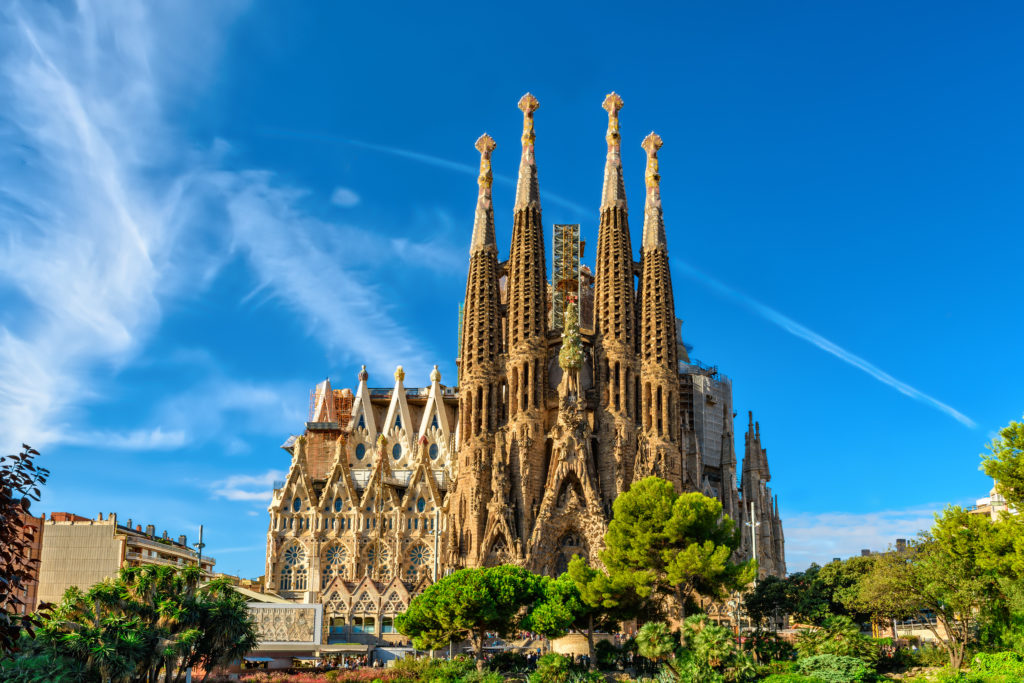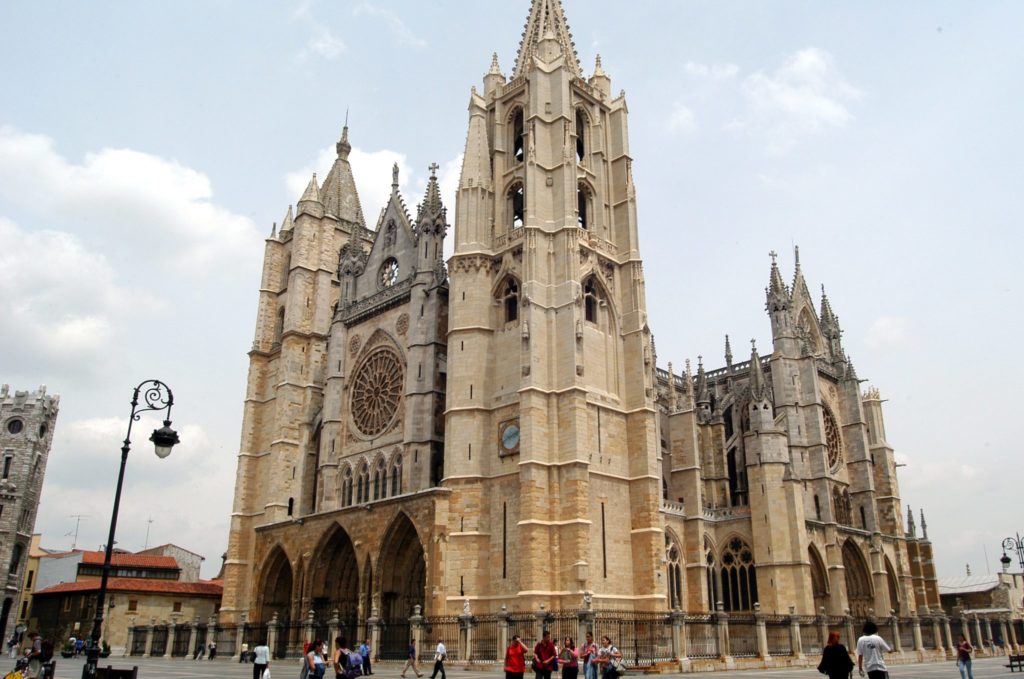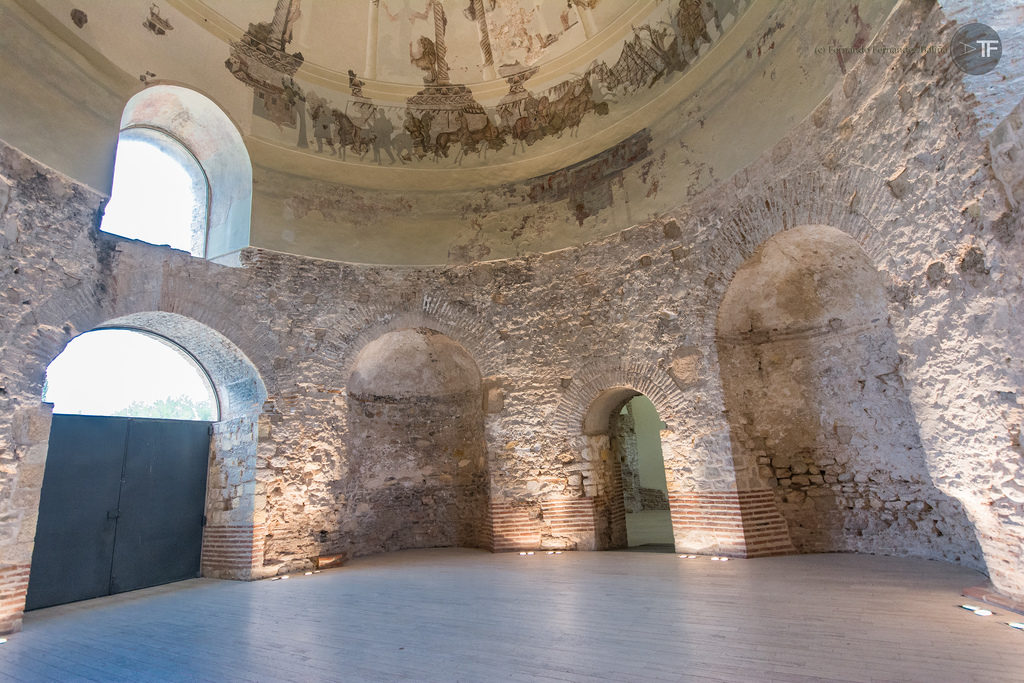How to Do Faith-Based Travel in Spain

Faith-based travel is becoming a massive trend around the world. When people travel to discover spirituality, they usually hit the hot spots like India, Jerusalem, or Rome. But did you know that you can discover your faith right here in Spain? Religious tourism is alive and thriving across the country.
Maybe those other destinations overshadow faith travel in Spain because they are so widely known. Maybe people don’t have the opportunity to see Spain as a genuine place to reflect and rediscover yourself and your connection to the Divine. But Spanish culture is rooted in a deeply religious and faith-based history. You’ll be amazed at what you can find in Spain when want to travel for your soul.
Festivals
Some of the biggest attractions for faith travellers are the religious festivals around the country. These festivals honour saints, remember certain holidays, or celebrate important events from years past. You are welcome to participate in the festivals, or simply sit back and watch the parades, the festivities, the music, and the ceremony of these religious events.
One of the biggest events is the Santa Semana, or the Holy Week. Every year, the faithful gather for events all over the country at Easter. It’s a week filled with processions and gatherings in many large cities and towns. Although the entire country has some form of celebration, places like Malaga or Barcelona on the Costa Brava are major hot spots. These places have the entire city join in the Santa Semana celebrations. Spanish people take this seriously, so respect the solemn event and you’re welcome to join in with anything you come across. It’s an impressive festival that families look forward to all year long.
Churches

The countryside is littered with churches, monasteries, cathedrals, and other religious buildings for you to discover. It’s religious tourism at its finest, walking through buildings that have stood for centuries and still serve as gathering places for the faithful.
In the Costa Brava region, you should make your way to the monastery of Montserrat, a monastery set in the mountains above Barcelona. The view is exquisite and breathtaking. Find inner peace and solitude as you tour the site.
Of course, you can’t pass up the Sagrada Familia, one of the hottest destinations for world travellers. The site in Barcelona has been under construction for over 100 years, financed entirely by the giving of the church and funds from the visiting tourists. It’s a monument to both art and history and religion, all mixed into the unique building and awe-inspiring architecture.
The cathedrals of Castile-Leon are examples of the historic past that once ruled Spain. These centuries-old cathedrals still serve as testaments that religion has a firm grip on the heart of the Spaniard. The stunning cathedral of Burgos is worth the trip alone.
History

As you tour the cities and towns, looking for religious experiences, you can’t help but notice that Spain has a rich and varied past. The story of Spain cannot be told without explicitly understanding what happened to bring it here. Every building, every street corner, every ruin, every relic all tell of how religion played a part in the forming and refining of Spain’s religious background.
Obviously, Catholicism has made its home in Spain, serving as a dominant religion for hundreds of years, but look back further and you’ll hear a different tale. The Roman relics down south in Catalonia and Andalusia tell of how that wasn’t the way it used to be. Pagan religions mixed with old Christianity can be found in many parts of the country. The Arab empire also took hold in the Moorish designs and Islamic histories. These all compete with the newer, modern Spain that has old world tradition in one hand and new world change in the other.
Customs
It’s hard to encapsulate the customs of the entire country in a single text. From region to region, the customs can vary wildly so as to be unrecognizable to someone living just a few hundred kilometres away.
As a whole, Spain is a traditional country founded on religious principles. That’s why it’s frowned upon for tourists to wear skimpy clothes in public or talk immodestly. The Spanish are fiercely proud of their religious customs but don’t expect to have conversations about it. It’s considered taboo or unpolite to bring up religion in casual environments. The predominant view of the Spanish is that although you might not adhere to religious rules or regularly attend mass, you are Catholic by birth and nature. Remember this as you travel so as not to offend your hosts.
Religious tourism is an untapped market in Spain. You have plenty of opportunities to find great depth in the religion and history of the country. Certain regions celebrate differently, but across the country, you can find what you seek in Spain’s religious backdrop. Faith-based travel in Spain is rewarding and enlightening, even more for those who weren’t expecting there to be so many options to visit and tour. Come discover how Spain’s faith and spirituality can enlighten your own search for meaning and purpose.
